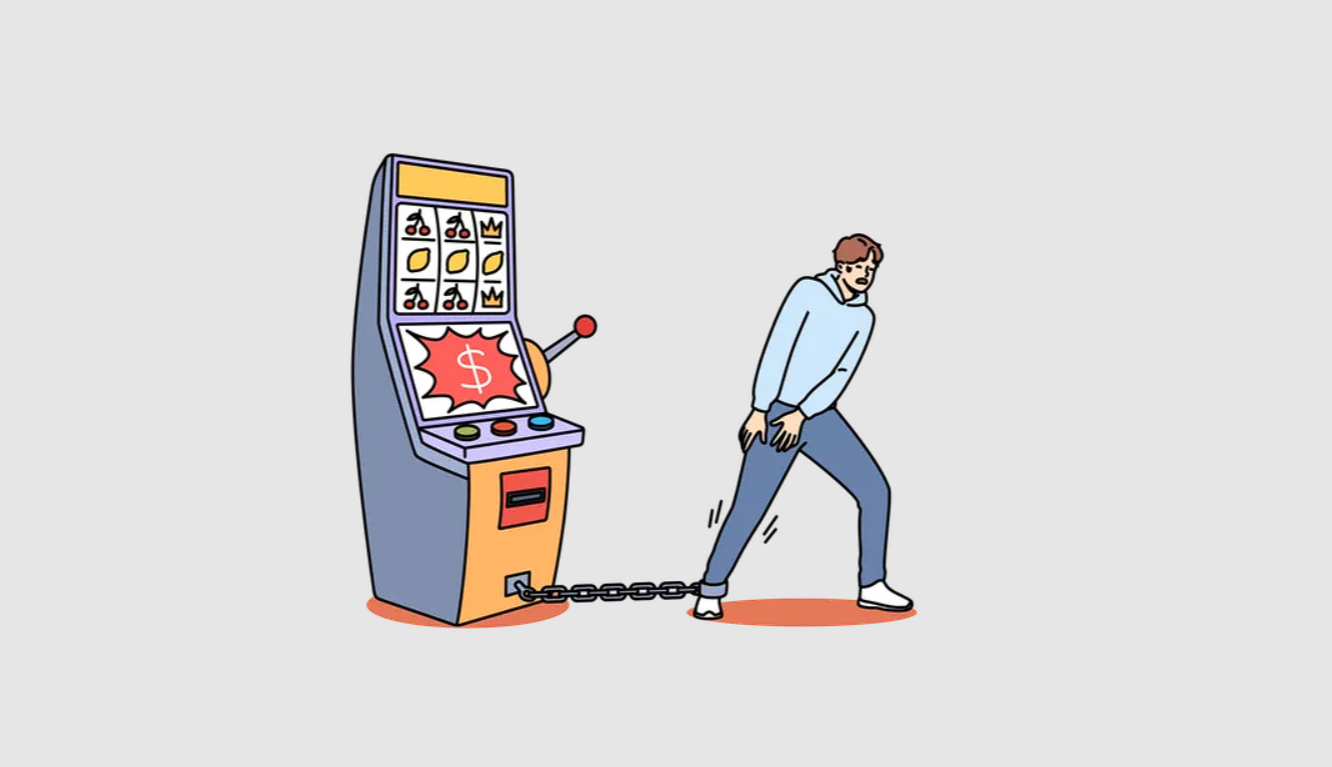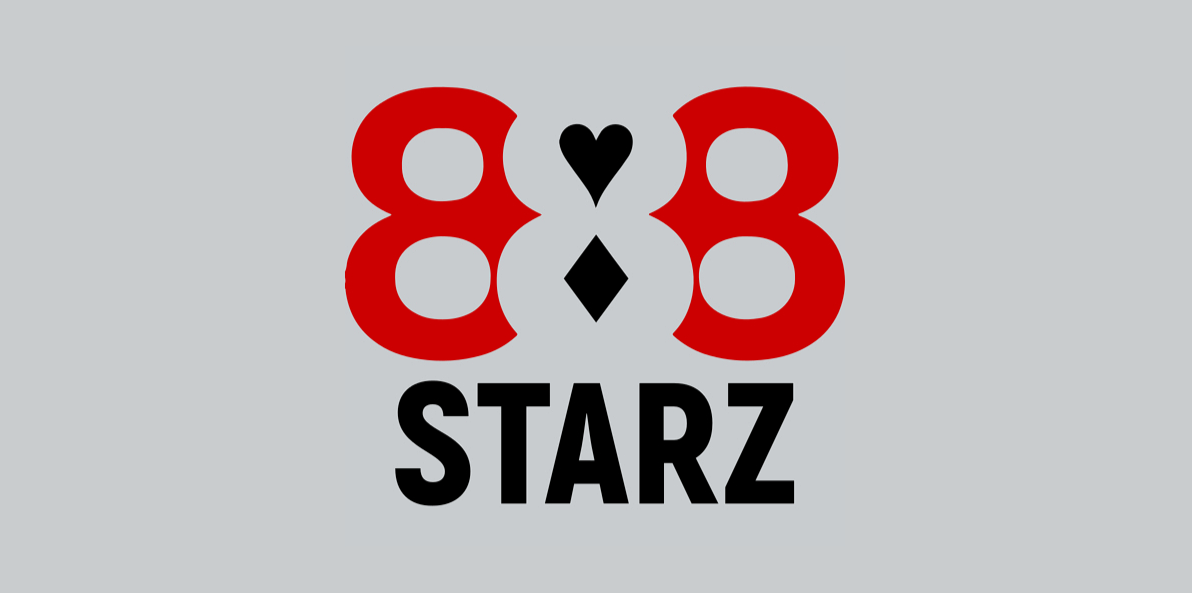For many, sports betting is a thrilling pastime filled with excitement and potential rewards. However, for some, this hobby can spiral into an addiction that affects various aspects of life, including relationships, finances, and mental health. Recognizing and addressing betting addiction is critical for recovery and a return to healthy habits. This article provides insights and practical strategies for handling betting addiction effectively.
Understanding Betting Addiction
What is Betting Addiction?
Betting addiction, also known as compulsive gambling or gambling disorder, refers to an uncontrollable urge to participate in betting activities despite negative consequences. Key characteristics include:
- Preoccupation: Constantly thinking about gambling and planning future bets.
- Compulsive Behavior: Betting larger amounts than intended or chasing losses.
- Withdrawal Symptoms: Feeling restless or irritable when not betting.
Causes of Betting Addiction
Various factors can contribute to the development of a betting addiction:
- Psychological Factors: Mental health issues such as anxiety, depression, or stress may lead individuals to seek escape through gambling.
- Environmental Influences: Exposure to an environment where gambling is normalized or celebrated can increase the likelihood of addiction.
- Genetic Predisposition: Family history of gambling addiction can elevate the risk due to inherited traits.
Recognizing the Signs of Betting Addiction
Identifying betting addiction early can facilitate timely intervention. Here are common signs to look out for:
- Neglecting Responsibilities: Ignoring work, family, or social obligations due to gambling.
- Financial Issues: Accumulating debt or financial trouble as a result of betting.
- Secretive Behavior: Hiding betting habits from friends and family or lying about losses.
- Emotional Distress: Experiencing anxiety, guilt, or depression related to betting activities.

Taking Action: Steps to Handle Betting Addiction
1. Acknowledge the Problem
Acceptance Is Key
The first step in addressing betting addiction is acknowledging that a problem exists. This acceptance can involve:
- Self-Reflection: Evaluate your betting behavior, recognizing its impact on your life and relationships.
- Acceptance of Responsibility: Understand that overcoming addiction is a personal journey that requires commitment.
2. Set Clear Limits
Implementing Betting Controls
Setting boundaries around your betting activities can help mitigate the risks of addiction. Consider these strategies:
- Budgeting: Establish a strict budget for betting activities and stick to it.
- Time Limits: Set specific timeframes for betting sessions to avoid prolonged engagement.
- Restrict Access: Limit access to gambling sites or apps by using blocking software if necessary.
3. Seek Support
Building a Support Network
Connecting with others can provide essential support during recovery. Here are some options to consider:
- Talk to Friends and Family: Open up about your struggles and seek their support; this can foster understanding and encouragement.
- Join a Support Group: Organizations like Gamblers Anonymous provide a safe space to share experiences and receive support from peers.
- Professional Help: Consider seeking help from a counselor or therapist specializing in gambling addiction.
4. Focus on Healthy Alternatives
Rediscovering Interests
Engaging in alternative activities can redirect your focus away from betting. Options include:
- Hobbies: Invest time in hobbies or interests you may have neglected, such as reading, sports, or art.
- Exercise: Physical activity can improve mental health and reduce stress, contributing to recovery.
- Social Activities: Spend time with friends and family to strengthen relationships and foster support.
5. Educate Yourself
Understanding Addiction
Learning more about betting addiction can empower you in your journey to recovery. Resources include:
- Books and Articles: Read up on gambling addiction to deepen your understanding of its effects and recovery strategies.
- Webinars and Workshops: Attend educational sessions that provide insights into coping mechanisms and support resources.
Creating a Relapse Prevention Plan
1. Identifying Triggers
Understanding what prompts your urge to gamble can help you develop coping strategies. Consider:
- Situational Triggers: Identify specific situations or environments that lead to the desire to bet, such as watching sports or being around certain friends.
- Emotional Triggers: Recognize emotions (e.g., boredom, stress) that might lead you to seek gambling as a coping mechanism.
2. Developing Coping Strategies
Establish strategies to manage cravings when they arise:
- Mindfulness Practices: Techniques such as meditation and deep breathing can help reduce anxiety and improve focus.
- Alternative Activities: Engage in hobbies or activities that provide enjoyment and distraction when cravings hit.
Conclusion
Betting addiction is a serious issue that can impact various aspects of life. However, with recognition, support, and the implementation of effective strategies, managing and overcoming this addiction is possible. By acknowledging the problem, setting limits, seeking support, and fostering healthy alternatives, individuals can reclaim control over their lives and enjoy a healthier, more balanced relationship with betting.




